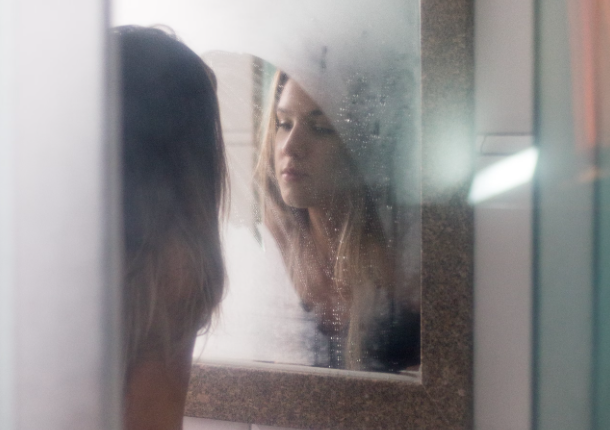*Did you know you can write on Elephant? Here’s how—big changes: How to Write & Make Money or at least Be of Benefit on Elephant. ~ Waylon
We all strive for healthy, long-lasting friendships with others.
We nurture the bond, strengthen the connection, and make sure to surround ourselves with the right people at the right time.
But how often do we think about the friendship we have with ourselves? What about the bond and the connection that you have with you?
We might think that this kind of friendship doesn’t exist. After all the only concrete relationship we see is the one we have with the world.
It wasn’t too long ago when I came to realize that I had been neglecting the most important friendship in my life.
I didn’t see it, it wasn’t right in front of me, and it didn’t involve other people. It involved me. And sadly, it was toxic.
I never knew or learned how to make friends with myself. If anything, I was my own worst enemy.
Unfortunately, no one told me that I could lose the whole wide world but I could never lose myself.
I can’t leave me, I can’t abandon me, and I definitely can’t make this voice inside my head shut up for more than 20 seconds. So, technically, I’m staying. I’m not going anywhere. Then why am I treating me badly?
Learning how to lean into myself and appreciate who I am has transformed my life. It has improved my relationships and taught me that I always, always, need to start from the inside out.
It has taught me that I can never understand others or build healthy relationships with them if I don’t understand myself first.
Do you have a toxic relationship with yourself? Here’s how to know:
1. You easily abandon your values and principles. Our personal values are essential when it comes to having a healthy friendship with ourselves. Our values guide us and shape us. They help us make better decisions and choices. So when we relinquish them and are easily influenced by others’ opinions, it means we care more about what other people think (and care less about ourselves and principles).
2. You find it hard to forgive yourself. If we say or do something wrong, the aftermath is usually brutal. We give ourselves a hard time and become extremely self-critical. We can’t accept our mistakes and refuse to figure out the lesson. That’s why if we don’t become friends with ourselves, we might always focus on the guilt rather than the self-compassion that we need to foster.
3. You loathe being alone. If we feel that we constantly need to be surrounded by family or friends or partners, we might seek the need to be loved since being alone could make us feel rejected and isolated. We become friends with ourselves when aloneness doesn’t scare us anymore; our emotions and thoughts won’t scare us either. So let the emptiness around you bring you closer to your essence and teach you to get to know yourself better.
4. Your boundaries are poor. When we remove our boundaries or aren’t sure how to set them it means that we don’t know what we want and are expecting other people to fill what’s missing within us. When we become friends with ourselves, we know what we want. We feel fulfilled and naturally set personal limits. In other words, we don’t mind letting other people down.
5. You’re physically tired. When the friendship we have with ourselves is toxic, we rarely practice self-care. Because we don’t genuinely care about our welfare, we ignore our mental and physical needs. And so we might work too much or take on too many responsibilities and eventually experience burnout. If you’re good friends with yourself, you take care of you.
6. You don’t socialize. Socializing gives us a sense of belonging and purpose. It makes us happier and healthier. Meeting new people and hanging out with friends help us to understand ourselves better. And if you don’t like being around other people, think again. You might not like their traits—not them. Remember…if you don’t like you, don’t expect to like other people.
7. Sometimes you think you’re the victim. If we become a victim in every situation, it means we believe that we have no control over the situations in our life. It’s only natural to blame others if we don’t have the right tools to regulate our own emotions and accept unwanted outcomes with bravery and grace.
8. You prioritize others over self-care. If we constantly put ourselves last, we may be neglecting our needs for the sake of other people. While we must care for others and be kind to them, we must also remember that we matter too and we can’t pour from an empty cup.
~









Read 2 comments and reply